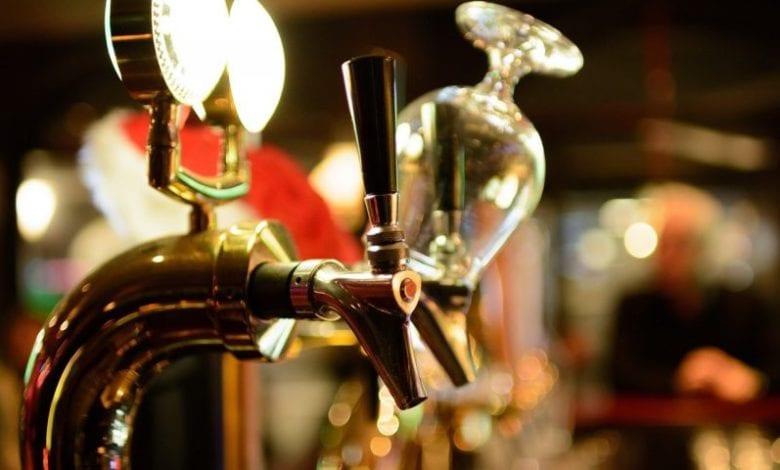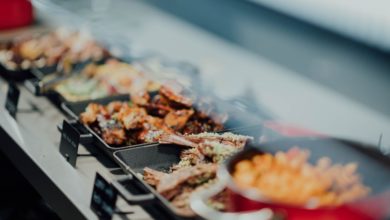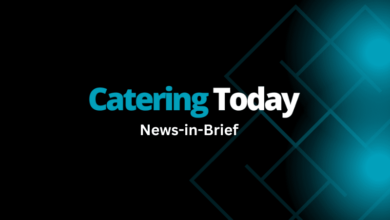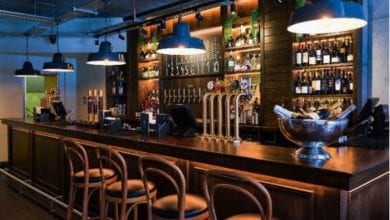BusinessPubs and BarsRestaurants
Pubs see Feb sales boost as restaurants continue to struggle

Britain’s managed pub and restaurant groups saw collective like-for-like sales increase just 0.3% in February against the same month last year, according to latest figures from the Coffer Peach Business Tracker.
You'll need to
subscribe to unlock this content. Already subscribed? Login?










